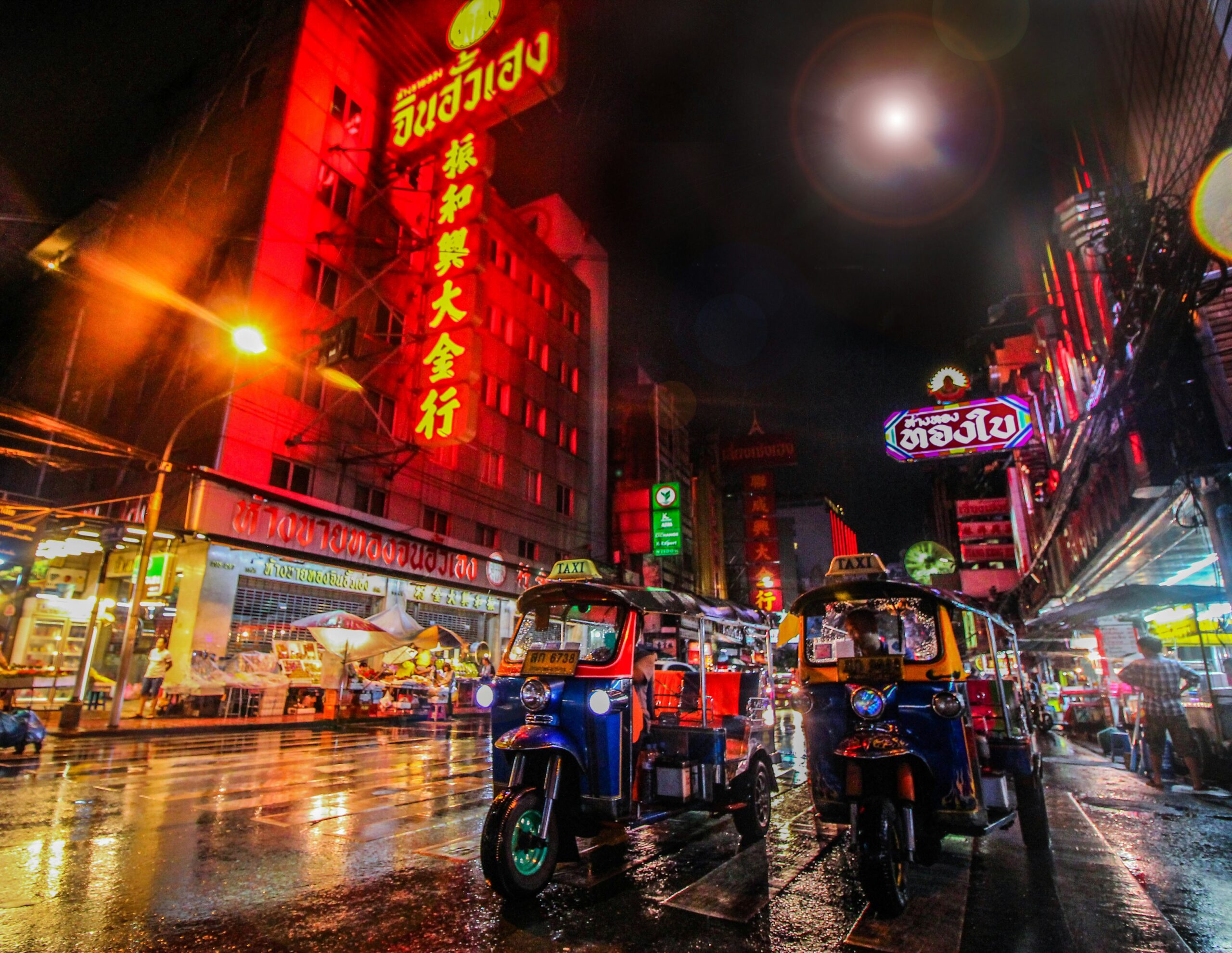From October 2012 until July 2019 the ‘Cultural Pluralism’ research area, directed by Professor Anna Triandafyllidou, actively developed theoretical and policy-oriented research on the governance of cultural and religious diversity in the 21st century. Since summer 2019, the area does no longer supports the fellowship programmes at the Robert Schuman Centre.
The ‘Cultural Pluralism’ team was working on two projects where the European University Institute is a leading partner. ‘
BRaVE: Building Resilience against Violent Extremism and Polarisation‘ is a 2.5 year-long project that aimed to systematise existing knowledge and assess the impact of policies and practices in preventing violent extremism and polarisation in European societies. ‘
GREASE: Radicalisation, Secularism and the Governance of Religion Bringing together European and Asian Perspectives‘ was a 3.5 year-long project looking at how religious diversity is governed in a broad range of cultures, comparing relevant norms, laws and practices, emphasising insights for countering radicalisation trends.
The team was also engaged in training activities through several
Massive Open Online Courses (MOOCs).
Academic work within the ‘Cultural Pluralism’ research area centered around exploring normative and conceptual challenges that have arisen in western, democratic, liberal societies which seek to come to terms with cultural and religious plurality. A particular focus was placed on the challenge of religious diversity and the ways in which it can be addressed through more or less secularism in public life.
The area was also focused on identity and diversity in a context of intensified mobility: How does globalisation affect national identity and dominant conceptions of the nation? Does it lead to a retreat to defensive nationalism or does it promote new configurations of plural and malleable national identities responding to the fast-changing realities of today? What is the role of religion, and in particular, of migrant or minority religions in this field? What new narratives are emerging among right- and left wing forces in Europe, promoting national homogeneity or advocating the need for accommodating the multicultural characteristics brought by migrants and minorities?
Finally, academics were looking into the interaction between socio-economic transformation and cultural / identity dynamics in (global) cities in Asia and the Middle East, in a comparative perspective with Europe. They studied heritage institutions, cultural industries, higher education, as pivotal policy areas through which large cities manage their internal cultural diversity as well as project themselves to the world.
The ‘Cultural Pluralism’ area also organised small thematic half-day workshops taking place once a month within the
Migration Policy Working Group, now coordinated by the
Migration Policy Centre.
In an increasingly mobile and transnational world, the meaning and practice of ‘identity’ and ‘diversity’ is changing. The appeal of populist and defensive nationalist (and at times) racist ideologies testifies to some of these changes, but so do also the many ways in which people connect and live together in their ‘unity in diversity’.
Anna Triandafyllidou
Visiting Fellow




